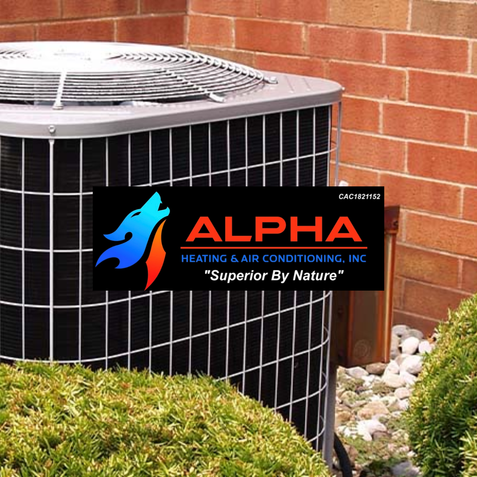As we enjoy the sunny days and warmer temperatures, our HVAC systems work tirelessly to keep our homes comfortable. But like all mechanical systems, HVAC units have a lifespan, and knowing when it's time to replace yours can save you from unexpected breakdowns and inefficiencies. Here are some signs that your aging HVAC unit might be nearing the end of its lifespan.
1. Frequent Repairs
One of the most obvious signs that your HVAC system is on its last legs is the need for frequent repairs. If you find yourself calling a technician more often than not, it may be more cost-effective in the long run to replace the system rather than continually fixing it.
2. Rising Energy Bills
As HVAC systems age, they become less efficient. If you notice a steady increase in your energy bills despite consistent usage, your HVAC unit could be working harder to maintain the same level of comfort, consuming more energy in the process.
3. Inconsistent Temperatures
An aging HVAC system may struggle to maintain a consistent temperature throughout your home. If some rooms are too hot while others are too cold, it could be a sign that your unit is no longer able to distribute air evenly.
4. Unusual Noises
While all HVAC systems make some noise, unusual sounds like grinding, squealing, or banging can indicate serious issues. These noises often signal that components inside the unit are wearing out or have already failed.
5. Poor Air Quality
An HVAC system nearing the end of its life can negatively impact your home's air quality. Dust, mold, and other pollutants can accumulate in an old unit, leading to health issues for you and your family.
6. Age of the Unit
Most HVAC systems have a lifespan of 10 to 15 years. If your unit is within this age range or older, it’s time to start considering a replacement. Newer models are more energy-efficient and come with advanced features that improve comfort and air quality.
7. Humidity Issues
Your HVAC system plays a crucial role in maintaining proper humidity levels in your home. If you notice excessive humidity or dryness, it may be due to an aging system that is no longer functioning properly.
8. Refrigerant Leaks
Older HVAC units often use R-22 refrigerant, which is being phased out due to environmental concerns. If your unit has a refrigerant leak, replacing the entire system with one that uses the more environmentally friendly R-410A refrigerant may be the best option.
9. Excessive Dust
If you notice an unusual amount of dust in your home, it could be a sign that your HVAC system is not filtering air effectively. This can lead to more frequent cleaning and potential health issues.
10. Higher Humidity Levels
Your HVAC system should help maintain comfortable humidity levels in your home. If you notice that your home feels more humid or dryer than usual, it could be a sign that your system is not working properly.
When to Contact a Professional
If you recognize any of these signs, it’s essential to consult with a professional HVAC technician. They can provide a thorough assessment and help you determine the best course of action, whether it's repairing your current unit or investing in a new one.
Conclusion
Replacing an HVAC system is a significant investment, but it's one that can enhance your comfort, improve air quality, and reduce energy bills. At Alpha Heating and Air Conditioning, we offer a range of modern, energy-efficient HVAC systems designed to meet your needs. Contact us today to schedule an evaluation and ensure your home stays comfortable year-round.


